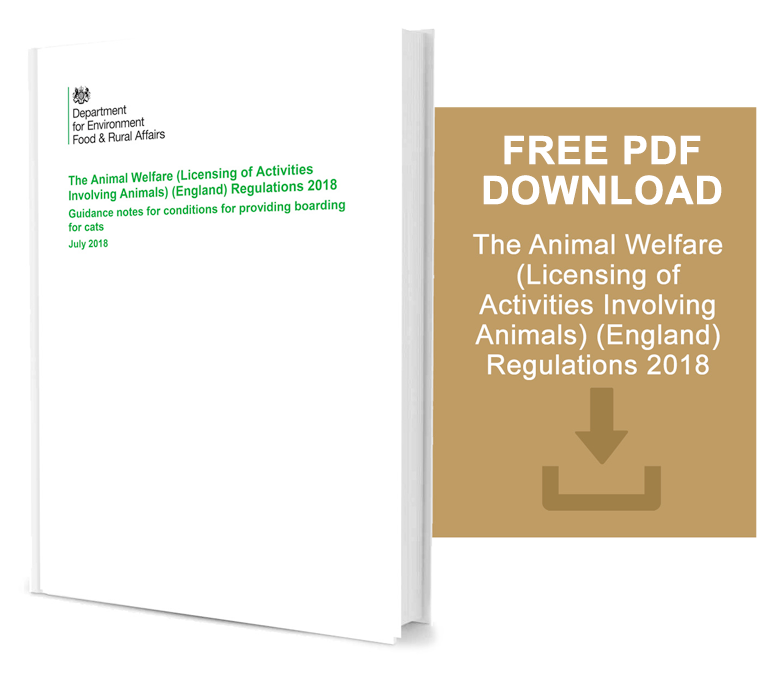The importance of starting things off correctly
Larger catteries sit on top of a concrete pad. We will give you the exact dimensions for this and it is important that your cattery sits with a slight overhang to allow rain water to run away from the building rather than onto the concrete and underneath the cat’s exercise area.
The requirements for the pad are a minimum of 100mm depth, flat, level, square-edged with a pole float finish (rectangles only, no parallelograms!). We cannot stress enough just how important it is to follow this guide. A good base leads to a great installation. From here you can decide what finish you have and we advise, for cleaning and hygiene purposes, that you cover the bare concrete. The most expensive but increasingly popular option, is to tile the pad. This needs to be done before we arrive and cover the entire area, even under the sleeping quarters, leaving us with a flat surface for construction. One important point to keep in mind, is to make sure that the grout is applied flush with the tiles as the last thing you want is hard to clean grooves, which trap hair and dirt. Other options include a hard-wearing floor paint or specialist resin-based paints such as Renotex, designed for cattery and kennel flooring. These can be applied after we have installed the cattery, although easier to do beforehand, and reapplied in high traffic areas as and when needed, to keep things looking fresh and smart. You may also be interested to lean more about tanalised timber and vinyl bases Comments are closed.
|
Free Guidance Notes For BoardingQuestions?No problem! Contact our friendly support team for further assistance..
Useful Links |

Useful Links |
About UsT: 01275 853800
A: LINDEE LU LIMITED, UNIT 4, SOUTHFIELD ROAD TRADING ESTATE, SOUTHFIELD ROAD, NAILSEA, BRISTOL.
BS48 1JJ |
Proud To Be British |
Affiliated With |
© Copyright 2021 Lindee Lu Limited - Vat No. 783-2365-14 | Company Reg No. 04251739 | Web design by Line of Vision Ltd
©





